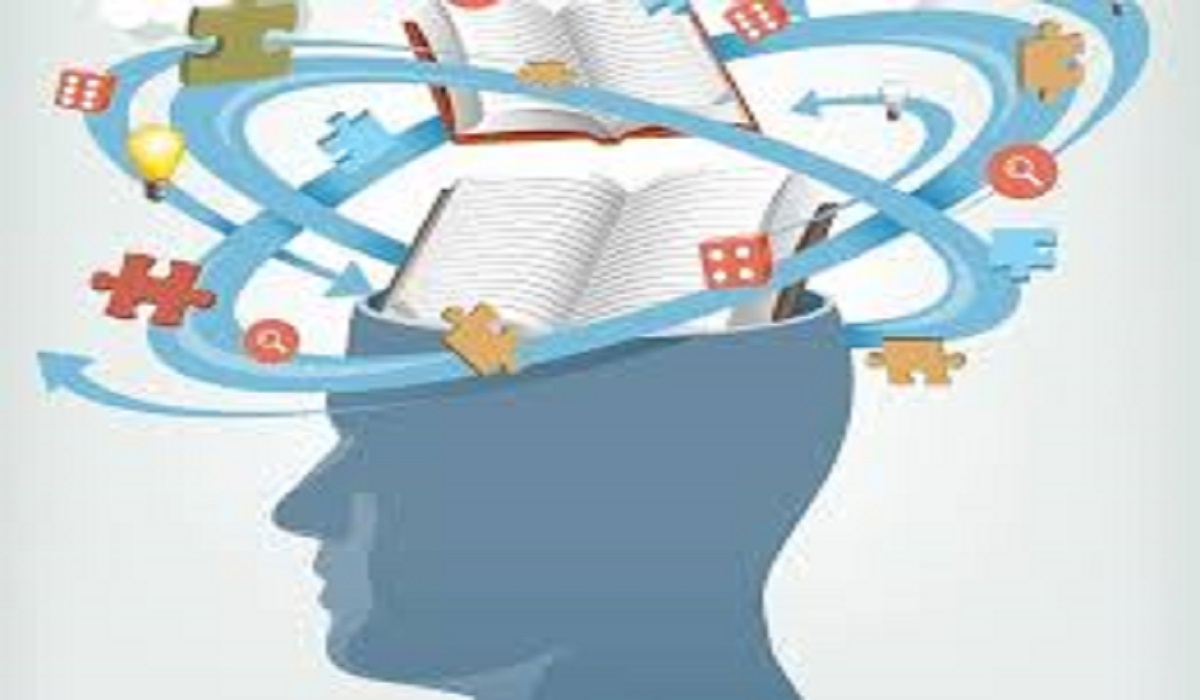Intentional Learning
Intentional Learning: In today’s fast-paced world, learning efficiently is more important than ever. Whether you’re a student, professional, or lifelong learner, adopting intentional learning strategies can help you absorb information faster, retain knowledge longer, and apply skills more effectively.
This comprehensive guide will explore the science behind intentional learning, proven techniques to accelerate progress, and actionable steps to make your study sessions more productive. By the end, you’ll have a clear roadmap to mastering any subject in less time.
What Is Intentional Learning?
Intentional learning is the deliberate, focused, and structured approach to acquiring new knowledge or skills. Unlike passive learning (like casually watching videos), intentional learning involves:
- Clear goals (knowing exactly what you want to learn)
- Active engagement (applying knowledge through practice)
- Feedback loops (measuring progress and adjusting methods)
This method is used by top performers, including athletes, programmers, and entrepreneurs, to master complex subjects efficiently.
The Science Behind Faster Learning
Research in cognitive psychology reveals key principles that make intentional learning effective:
A. Spaced Repetition
- The brain retains information better when reviewed over spaced intervals.
- Tools like Anki and Quizlet use this principle.
B. Active Recall
- Testing yourself strengthens memory more than re-reading notes.
- Example: Use flashcards or self-quizzing.
C. Chunking
- Breaking information into smaller “chunks” improves retention.
- Example: Learning a language in phrases instead of isolated words.
D. The Feynman Technique
- Explaining concepts in simple terms ensures deep understanding.
Key Strategies for Intentional Learnings
To speed up learning, apply these proven techniques:
A. Set SMART Goals
- Specific, Measurable, Achievable, Relevant, Time-bound objectives keep you on track.
B. Use the 80/20 Rule (Pareto Principle)
- Focus on the 20% of material that delivers 80% of results.
C. Practice Deliberately
- Work on weaknesses, not just strengths.
- Example: A pianist practices difficult sections repeatedly.
D. Teach What You Learn
- Explaining concepts to others reinforces understanding.
Common Mistakes That Slow Down Learning
Avoid these pitfalls:
❌ Passive Consumption – Just watching/reading without applying.
❌ Multitasking – Reduces focus and retention.
❌ No Feedback – Without corrections, errors become habits.
Tools and Resources to Enhance Learning
Here are some top tools for intentional learners:
- Anki (Spaced repetition flashcards)
- Notion (Organize study materials)
- Coursera/Udemy (Structured courses)
- Focus@Will (Music for concentration)
How to Measure Your Learning Progress?
Track improvement with:
✔ Weekly self-assessments
✔ Progress journals
✔ Skill-based tests
FAQs About Intentional Learning
Q1: How is intentional learnings different from regular studying?
A: Intentional learning is goal-driven and active, while regular studying can be passive (e.g., re-reading notes).
Q2: Can anyone become a fast learner?
A: Yes! With the right techniques, learning speed improves dramatically.
Q3: How long should study sessions be?
A: Research suggests 25-50 minute blocks with breaks (Pomodoro Technique).
Q4: What’s the best way to remember what I learn?
A: Combine active recall, spaced repetition, and teaching others.
Q5: How do I stay motivated?
A: Set small milestones, track progress, and reward achievements.
Conclusion
Intentional learning is the most effective way to speed up skill acquisition. By applying structured techniques, avoiding common mistakes, and using the right tools, you can learn faster and retain more.
